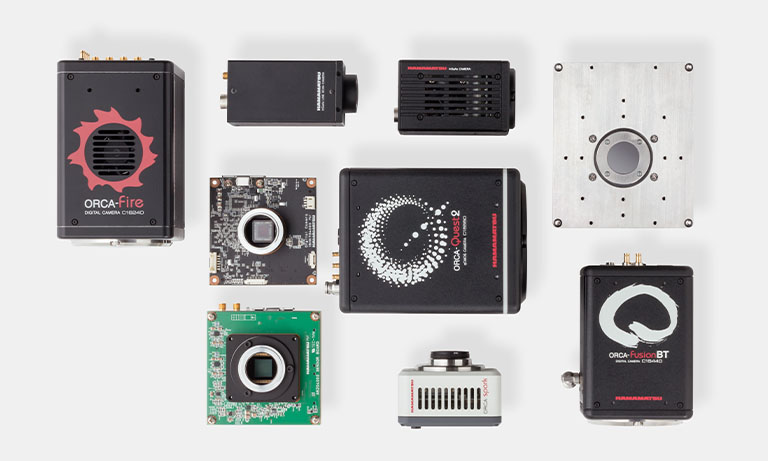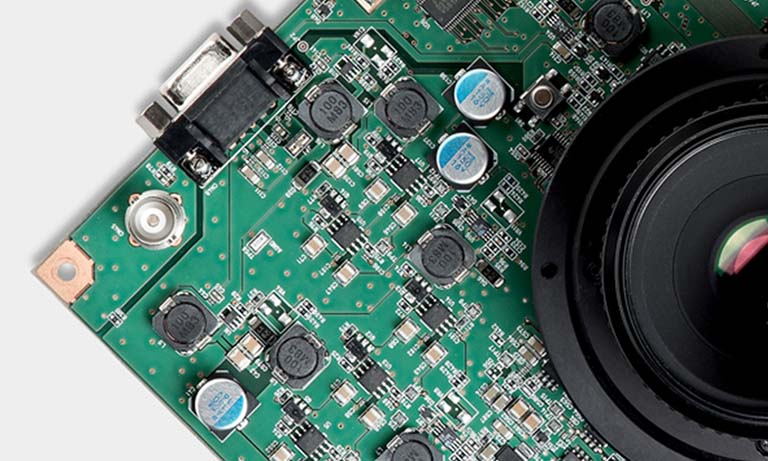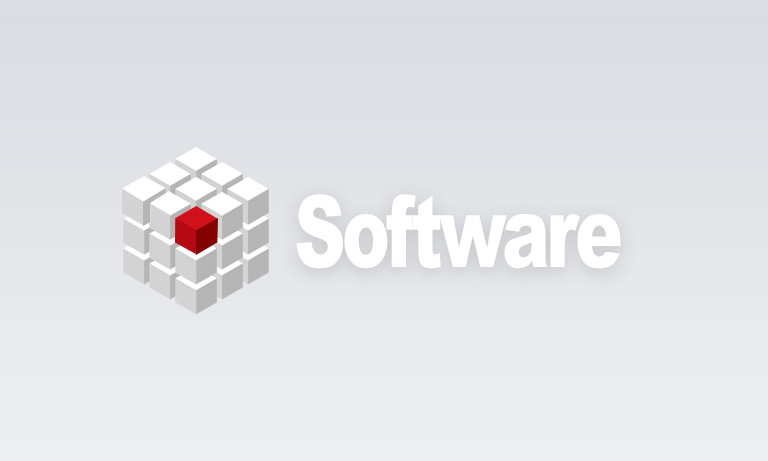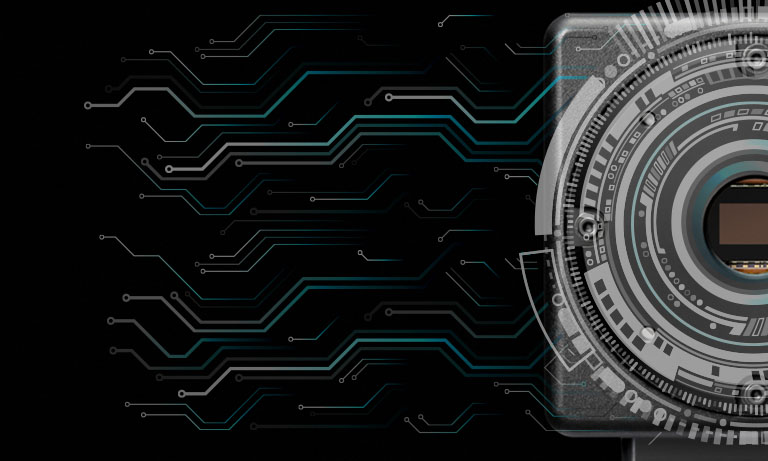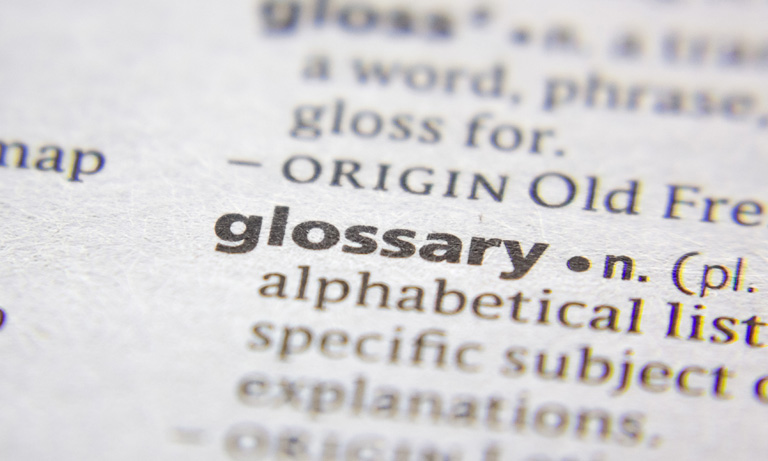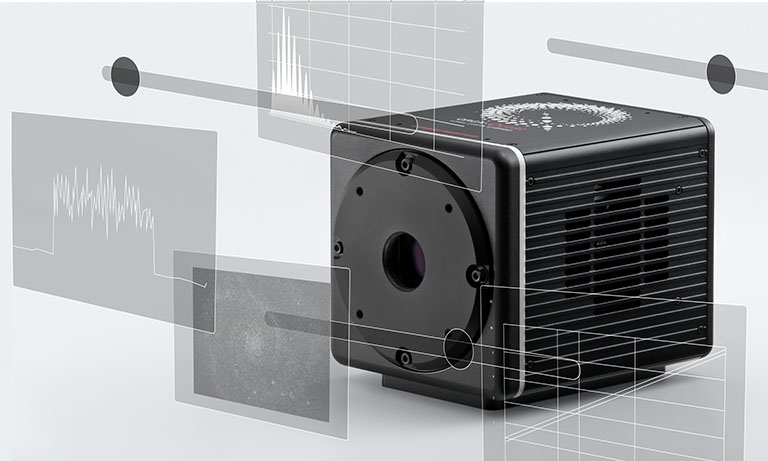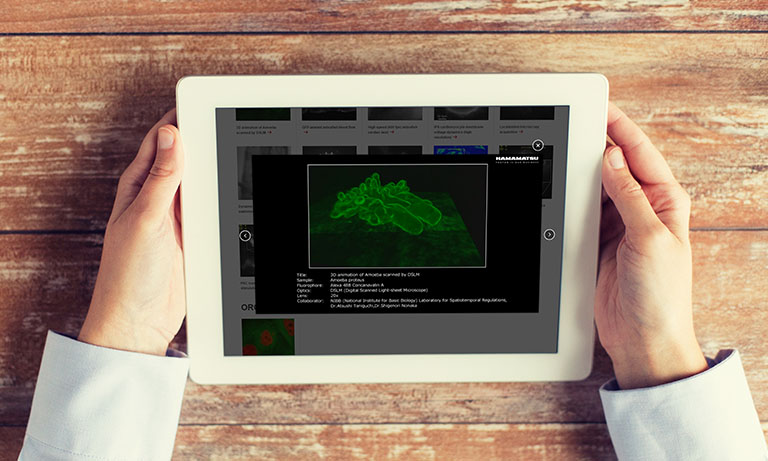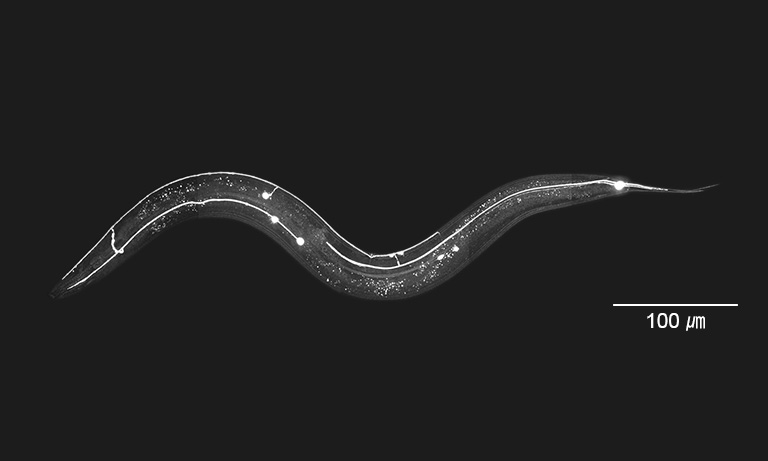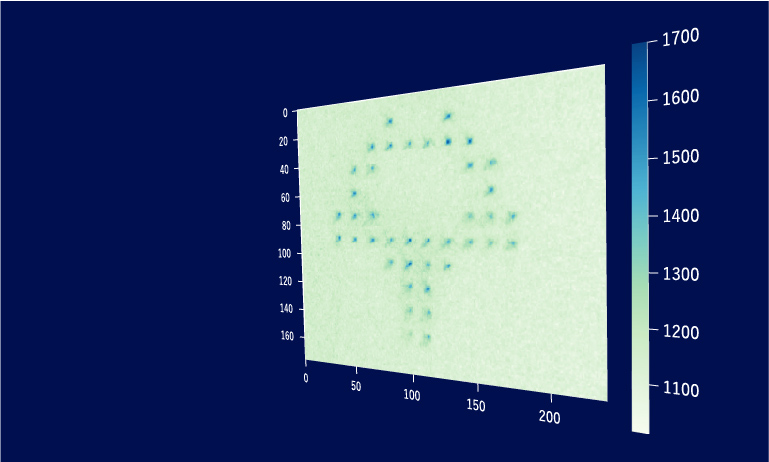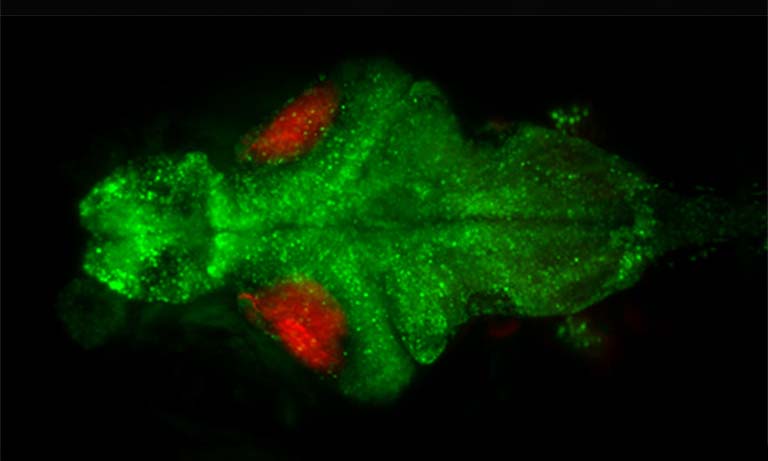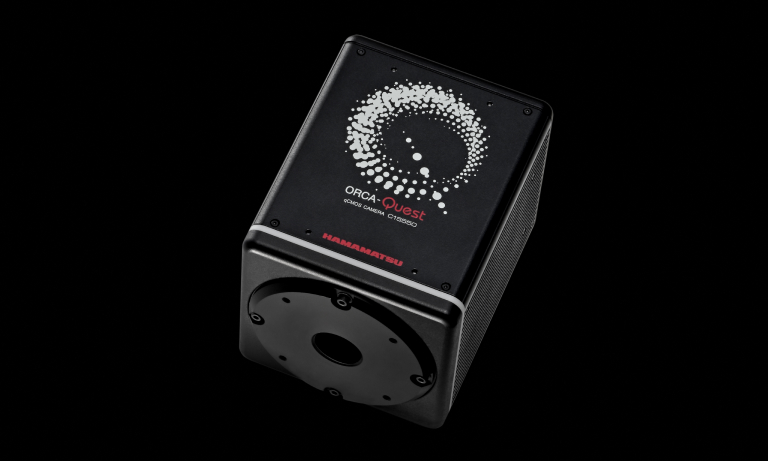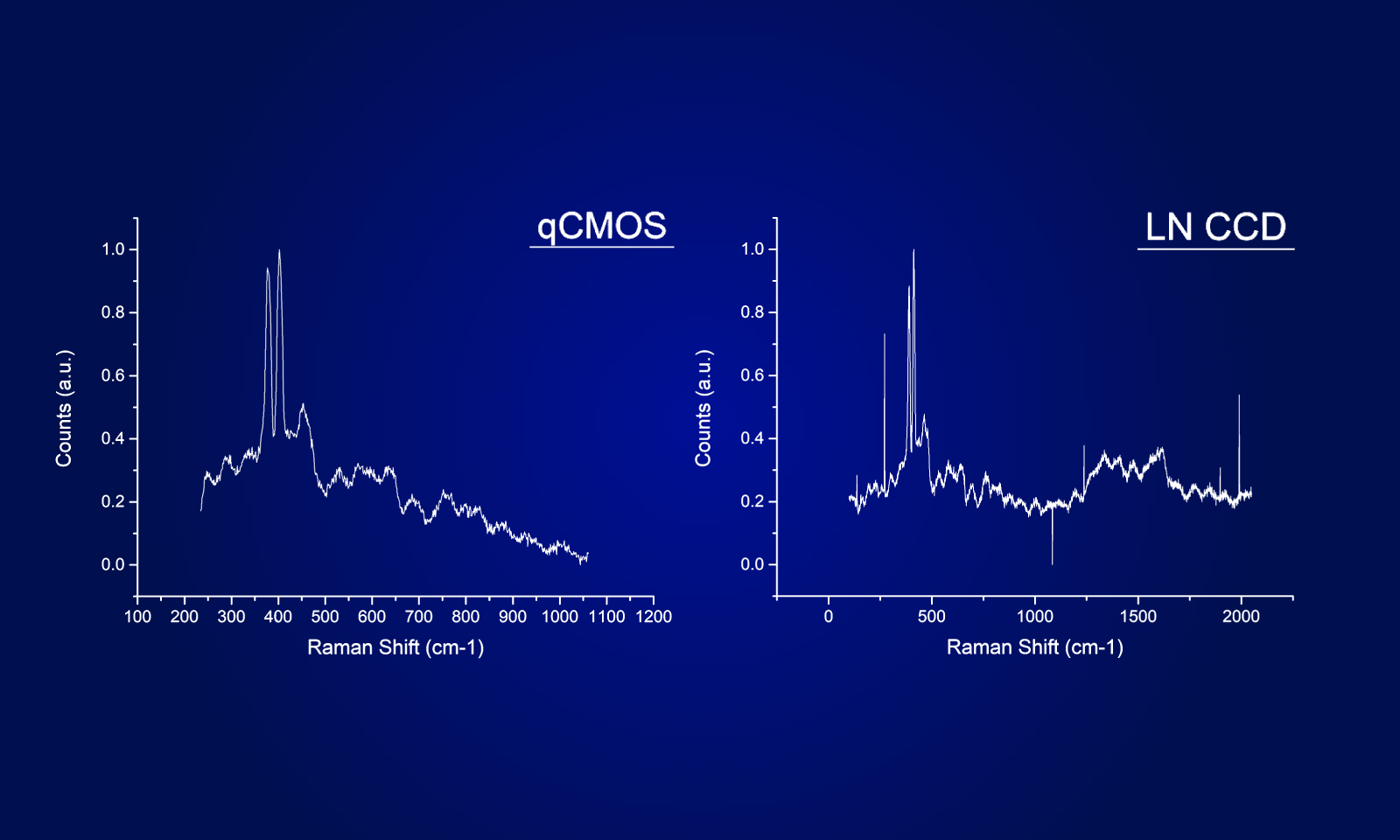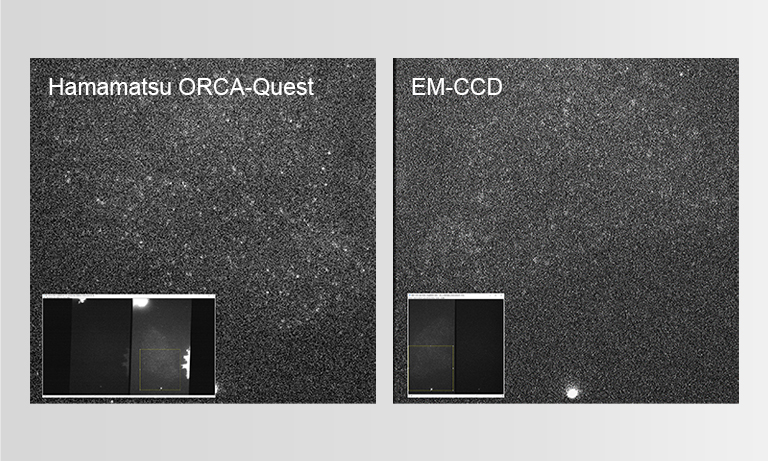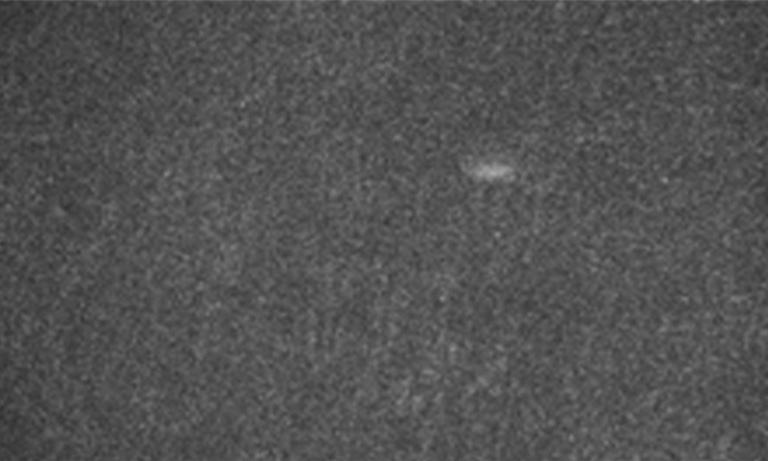Japan (JA)
国・地域を選択してください。
イオン光時計におけるORCA®-Questを用いた40Ca+イメージング
“時間”は物理量の7つの基本単位のうちの一つであり、また最も計測制度の高い物理量になります。言うまでもないことですが、定規で長さを測る場合、定規の目盛りが小さいほど正確に測ることができます。時間の測定もそれと同様で、時計の振動数が高ければ高いほど、時間の測定はより正確になります。現在各国の研究室で開発が進められている、世界で最も正確な時計、光時計は、その誤差が100億年に対して1秒に相当する、10-18または10-19まで達しています。カルシウムイオン光時計は、様々ある光時計の一種として挙げられます。カルシウムイオンのエネルギー準位の構造が比較的シンプルであること、必要なレーザー波長が可視域であるために半導体レーザーで実現できることなど、他の光時計と異なる特徴を持っています。それにより、高集積化、高信頼性、高ランニングレートのポータブルな光時計を実現することが期待されています。
光時計は、物理系、発振器、カウンターの3つの基本部分から構成されています。物理系とは、外部環境からの衝突や干渉を受けない原子、イオン、分子などの系のことで、現在の光時計では主に、光格子に閉じ込められた中性原子と、イオントラップに閉じ込められた単一イオンの2つの物理系を指しています。発振器には高安定、極狭線幅なレーザーを使用しています。カウンターは、光波とマイクロ波の接続、伝送を実現するために使用されており、フェムト秒光周波数コム、マイクロ波リファレンスで構成されています。基準となる原子系によって、様々な種類の光時計がありますが、カルシウムイオン光時計はその中でも重要な系の1つとされています。
ORCA-Questによる40Ca+イオン光時計の実験
40Ca+イオンは、高精度光時計の構築やアプリケーションの実現に理想的な基準系です。右の図は、カルシウムイオン光時計に関連するエネルギー準位を示しています。42S1/2がイオンの基底状態。32Dが最もエネルギーの低い励起状態であり、準安定で寿命は約1秒、42S1/2-32D遷移の自然線幅はおよそ0.14 Hzになります。32Dの寿命が長く(自然線幅が狭い)、42S1/2-32D遷移が光時計の理想的な基準遷移となるため、本実験では、42S1/2-32D5/2遷移を光時計の基準遷移として選択しています。
40Ca+イオン光時計の簡単な原理:まず、イオントラップ装置でRF電場を用いて個々のカルシウムイオンを捕捉し、レーザー冷却を行ってカルシウムイオンの動きを遅くします。次に、高安定、極狭線幅のレーザーを用いて、原子遷移周波数を検出します。最後に、フェムト秒光周波数コムを用いて可視周波数からマイクロ波周波数への変換を行い、極めて安定な周波数出力を直接利用することができます。

40Ca+イオンのエネルギー準位。冷却、再励起、プロービングに用いられる主な遷移を示す
40Ca+イオン光時計の構築過程では、単一光子レベルの高感度カメラによりイオンのトラップ位置を観測し、単一40Ca+イオンの蛍光(波長397 nm)検出により 40Ca+光周波数標準の安定性を判断する必要があります。一方、研究過程では、2つの40Ca+イオンの光周波数標準の比較を行います。この過程では、高感度単一光子カメラによるイオンのイメージングにより、トラップ下でのカルシウムイオンの動態を詳細に研究し、トラップシステムの最適化を実現することが必要です。
これまでの研究では、EM-CCDカメラが単一光子レベルの高感度を持つことから、主にEM-CCDがイメージングに使用されていました。しかし、qCMOSⓇの登場により、光時計分野の多くの研究者に注目されるようになったため、中国科学院精密測量科学技術創新研究院(Innovation Academy for Precision Measurement Science and Technology, Chinese Academy of Sciences)で比較実験が行われました。

実験セットアップ
ORCA-Quest
露光時間:500 ms
ビニング:4x4
スキャンモード:Ultraquiet scan
EM-CCD
EMゲイン:300
露光時間:500 ms
結果として、ORCA-Questの感度はEM-CCDと同レベルに達しており、40Ca+イオン光時計のアプリケーション要件を満たすことが可能となりました。同時に、ORCA-Questは画素サイズが小さくなっており、かつフレームレートが向上しています。今後、画素サイズに合わせた光学系の最適化を行うことで、さらに良い結果が得られることが期待されます。
研究の将来的な展望について

国際度量衡局(The International Bureau of Weights and Measures, BPIM)は、国際的な「秒」の定義について、遷移周波数の参照値を更新しました。中国科学院精密測量科学技術創新研究院のGao Kelin氏の研究グループが開発した40Ca+イオン光時計システムは、その参照値の1つに挙げられています。その精度は105億年に1秒以下、3*10-18のレベルを達成しており、宇宙ステーションにあるRb光時計の350倍の精度を持っています。このような光時計では、太陽の寿命に対して1秒程度の誤差しかないことになります。
現在の40Ca+イオン光時計は10-18レベルに到達していますが、いまだ極限には達していません。そのため、カルシウムイオン光周波数標準の限界についての研究は、今後も注力が進んでいくものかと思われます。また、複数イオンの利用や、イオン光周波数標準の安定性を向上させたい(より短時間で10-18の精度)という展望も挙げられています。ORCA-Questは高精度な光時計の実際的な応用を実現すると同時に、高感度を維持したまま、高いフレームレートと分解能を確保できると考えています。さらに、ORCA-Questが読み出しノイズを0.27 electron rmsまで低減することで実現した「光子数識別(Photon number resolving)」が、この研究の可能性をさらに広げていくことが期待されます。
この事例で使用された製品
ORCA-Quest 2は、ORCA-Questの後継機として極めて低ノイズなスキャンモードにおける読み出し速度の高速化や紫外領域での感度向上を実現。更なる進化を遂げた新たなqCMOSカメラです。
※現在は後継機種のORCA-Quest 2 qCMOSカメラ C15550-22UPを販売しています。
その他のお客様導入事例
- Confirmation
-
It looks like you're in the . If this is not your location, please select the correct region or country below.
You're headed to Hamamatsu Photonics website for JP (Japanese). If you want to view an other country's site, the optimized information will be provided by selecting options below.
In order to use this website comfortably, we use cookies. For cookie details please see our cookie policy.
- Cookie Policy
-
This website or its third-party tools use cookies, which are necessary to its functioning and required to achieve the purposes illustrated in this cookie policy. By closing the cookie warning banner, scrolling the page, clicking a link or continuing to browse otherwise, you agree to the use of cookies.
Hamamatsu uses cookies in order to enhance your experience on our website and ensure that our website functions.
You can visit this page at any time to learn more about cookies, get the most up to date information on how we use cookies and manage your cookie settings. We will not use cookies for any purpose other than the ones stated, but please note that we reserve the right to update our cookies.
1. What are cookies?
For modern websites to work according to visitor’s expectations, they need to collect certain basic information about visitors. To do this, a site will create small text files which are placed on visitor’s devices (computer or mobile) - these files are known as cookies when you access a website. Cookies are used in order to make websites function and work efficiently. Cookies are uniquely assigned to each visitor and can only be read by a web server in the domain that issued the cookie to the visitor. Cookies cannot be used to run programs or deliver viruses to a visitor’s device.
Cookies do various jobs which make the visitor’s experience of the internet much smoother and more interactive. For instance, cookies are used to remember the visitor’s preferences on sites they visit often, to remember language preference and to help navigate between pages more efficiently. Much, though not all, of the data collected is anonymous, though some of it is designed to detect browsing patterns and approximate geographical location to improve the visitor experience.
Certain type of cookies may require the data subject’s consent before storing them on the computer.
2. What are the different types of cookies?
This website uses two types of cookies:
- First party cookies. For our website, the first party cookies are controlled and maintained by Hamamatsu. No other parties have access to these cookies.
- Third party cookies. These cookies are implemented by organizations outside Hamamatsu. We do not have access to the data in these cookies, but we use these cookies to improve the overall website experience.
3. How do we use cookies?
This website uses cookies for following purposes:
- Certain cookies are necessary for our website to function. These are strictly necessary cookies and are required to enable website access, support navigation or provide relevant content. These cookies direct you to the correct region or country, and support security and ecommerce. Strictly necessary cookies also enforce your privacy preferences. Without these strictly necessary cookies, much of our website will not function.
- Analytics cookies are used to track website usage. This data enables us to improve our website usability, performance and website administration. In our analytics cookies, we do not store any personal identifying information.
- Functionality cookies. These are used to recognize you when you return to our website. This enables us to personalize our content for you, greet you by name and remember your preferences (for example, your choice of language or region).
- These cookies record your visit to our website, the pages you have visited and the links you have followed. We will use this information to make our website and the advertising displayed on it more relevant to your interests. We may also share this information with third parties for this purpose.
Cookies help us help you. Through the use of cookies, we learn what is important to our visitors and we develop and enhance website content and functionality to support your experience. Much of our website can be accessed if cookies are disabled, however certain website functions may not work. And, we believe your current and future visits will be enhanced if cookies are enabled.
4. Which cookies do we use?
There are two ways to manage cookie preferences.
- You can set your cookie preferences on your device or in your browser.
- You can set your cookie preferences at the website level.
If you don’t want to receive cookies, you can modify your browser so that it notifies you when cookies are sent to it or you can refuse cookies altogether. You can also delete cookies that have already been set.
If you wish to restrict or block web browser cookies which are set on your device then you can do this through your browser settings; the Help function within your browser should tell you how. Alternatively, you may wish to visit www.aboutcookies.org, which contains comprehensive information on how to do this on a wide variety of desktop browsers.
5. What are Internet tags and how do we use them with cookies?
Occasionally, we may use internet tags (also known as action tags, single-pixel GIFs, clear GIFs, invisible GIFs and 1-by-1 GIFs) at this site and may deploy these tags/cookies through a third-party advertising partner or a web analytical service partner which may be located and store the respective information (including your IP-address) in a foreign country. These tags/cookies are placed on both online advertisements that bring users to this site and on different pages of this site. We use this technology to measure the visitors' responses to our sites and the effectiveness of our advertising campaigns (including how many times a page is opened and which information is consulted) as well as to evaluate your use of this website. The third-party partner or the web analytical service partner may be able to collect data about visitors to our and other sites because of these internet tags/cookies, may compose reports regarding the website’s activity for us and may provide further services which are related to the use of the website and the internet. They may provide such information to other parties if there is a legal requirement that they do so, or if they hire the other parties to process information on their behalf.
If you would like more information about web tags and cookies associated with on-line advertising or to opt-out of third-party collection of this information, please visit the Network Advertising Initiative website http://www.networkadvertising.org.
6. Analytics and Advertisement Cookies
We use third-party cookies (such as Google Analytics) to track visitors on our website, to get reports about how visitors use the website and to inform, optimize and serve ads based on someone's past visits to our website.
You may opt-out of Google Analytics cookies by the websites provided by Google:
https://tools.google.com/dlpage/gaoptout?hl=en
As provided in this Privacy Policy (Article 5), you can learn more about opt-out cookies by the website provided by Network Advertising Initiative:
http://www.networkadvertising.org
We inform you that in such case you will not be able to wholly use all functions of our website.
Close
